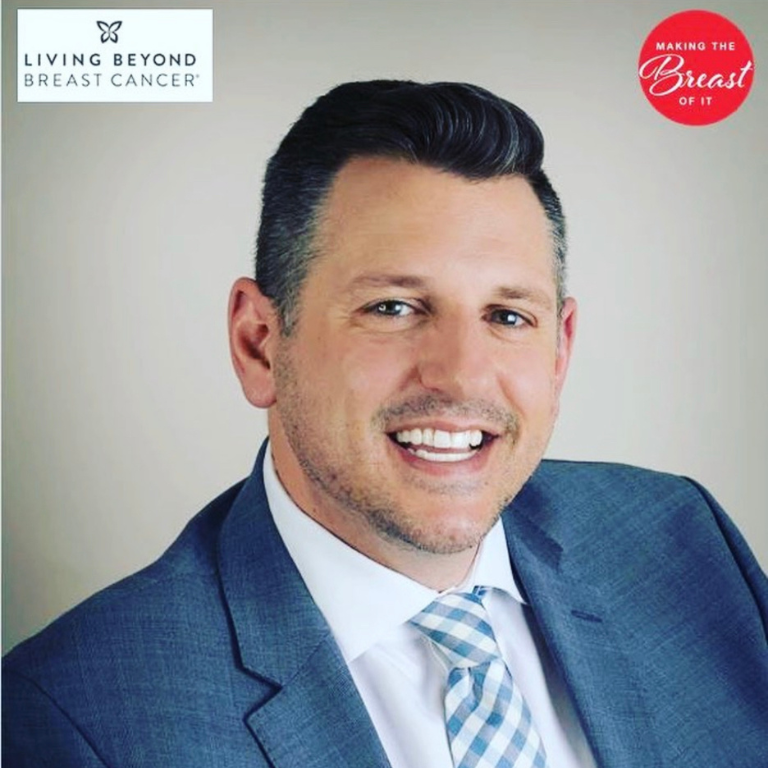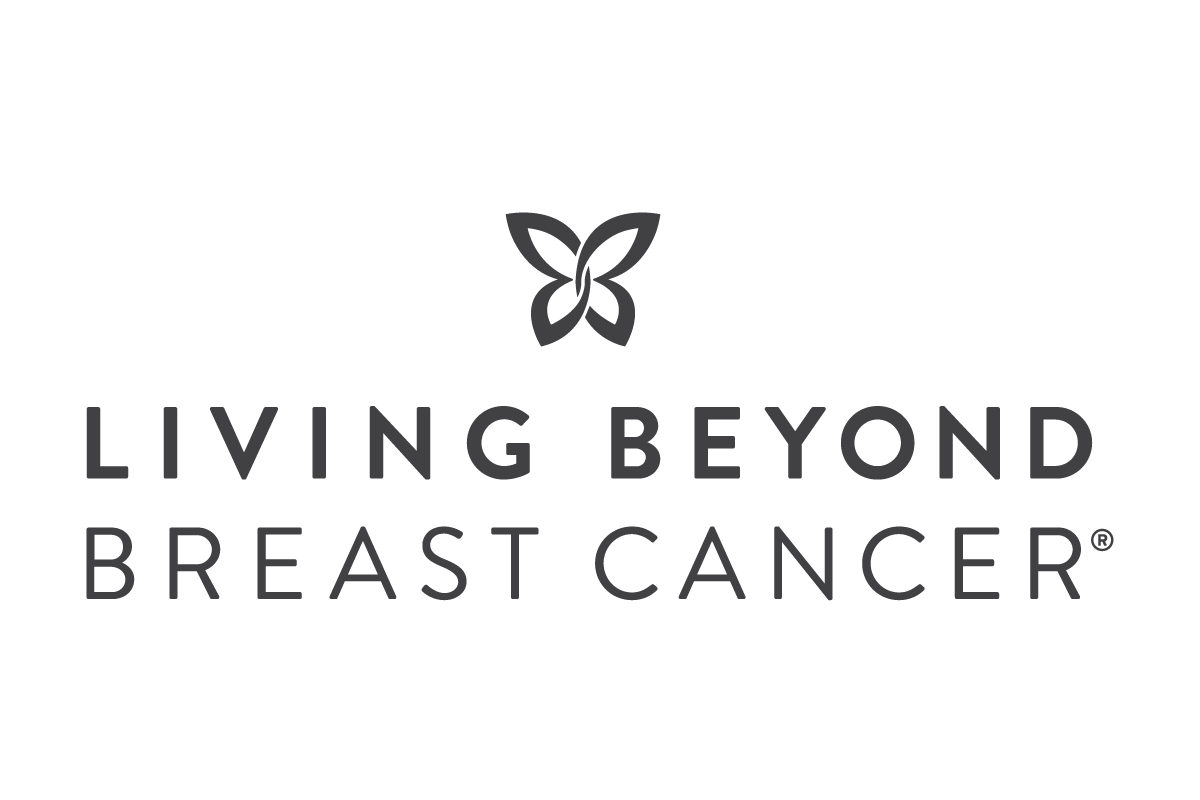2022 Abby Lessack Caregiver Award profile: John Gentile
- 11/16/22
In 2022, LBBC inaugurated the Abby Lessack Caregiver Award to celebrate caregivers and the important role they play in the lives of those impacted by breast cancer. John Gentile is one of the five honorees, and when you read his interview with Jean, you’ll understand why. Click here to learn more about all five of this year's Abby Lessack Caregiver Award honorees.
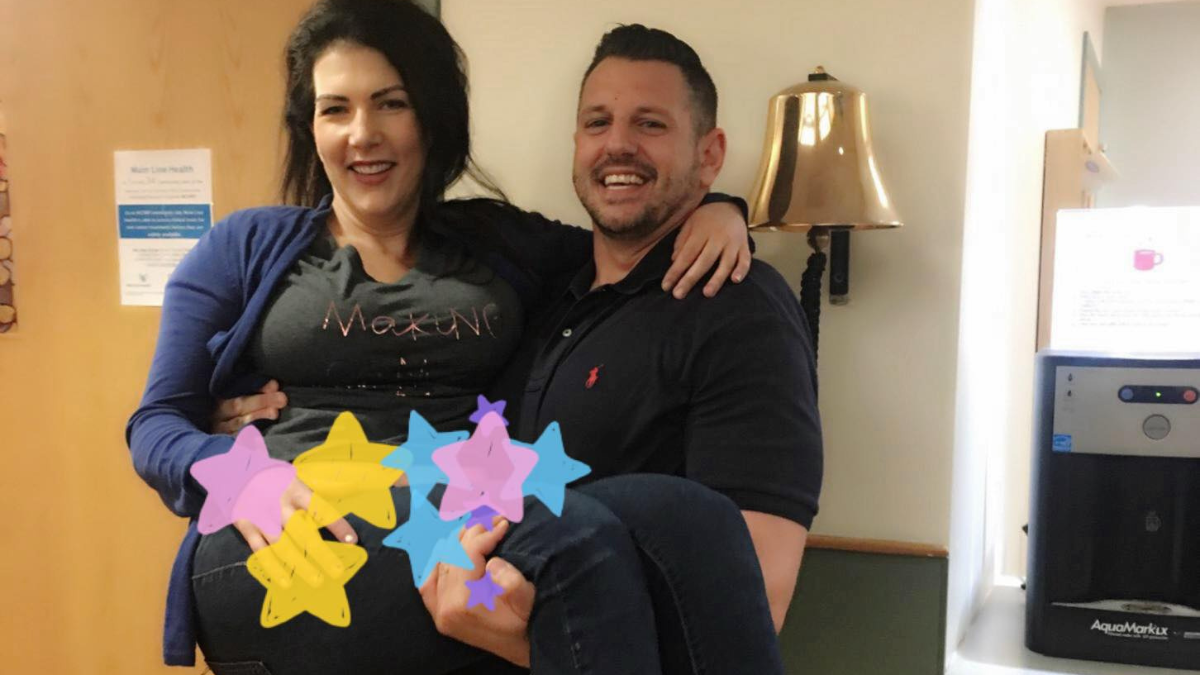
John Gentile lives in Garnet Valley, Pennsylvania. He was nominated by family, friends, and neighbors for his role as caregiver for his wife Krysten who passed away from metastatic breast cancer in February of 2022.
“For better or worse, in sickness and health,” John stood by Krysten’s side as they navigated breast cancer treatment which began with chemotherapy and a lumpectomy when Krysten was two months pregnant with their youngest son. They balanced chemotherapy, surgeries, and radiation while raising their three young boys: Bradley (8), Christian (6), and Dean (4). John was a constant source of support and found ways to care for Krysten, whether it be working with her on her podcast, "Making The Breast of It” or driving her back and forth from the shore to treatment to maintain a sense of normalcy for their family during their Fourth of July trip. John’s suggestion that Krysten start a podcast not only enlightened and inspired others but garnered an international community.
John spoke with LBBC’s CEO Jean Sachs, MSS, MLSP, about his experience with caregiving for Krysten.
Jean: You could probably spend an hour describing this, but can you just give us a sense of your experience with caregiving? What kinds of things did you do as a caregiver?
John: Caregiving is similar to being a parent in that it's somewhat a thankless job that you really pour yourself into and hope for great results. For me, the goal we were working towards was keeping my wife, Krysten, as healthy as I could, and keeping her alive to beat this disease as long as we could.
I'm a goal-oriented person, and, when I dedicate myself to something, I'm all in, 100%. I drove Krysten to appointments. I drove her to multiple doctors all over the country for second opinions and for different treatments. I started a podcast with her to give her a platform to tell her story to the world that has been very successful, called "Making the Breast of It." But really, caregiving for me was giving all I could to relieve and remove all her stresses since she was going through such a terrible situation.
Jean: What was the most rewarding thing for you?
John: For caregiving, I think that there's different levels of rewards. In the beginning, when Krysten had the lumpectomy, it was making sure she had everything she needed from comfortable pajamas to shoes to slippers to making sure she didn't have to worry about a thing. I was doing the wash and taking the kids to school and making lunches and doing all those things, but we had a lot of support around us.
During chemo, a big goal for me was to have her keep her hair, because that was an important thing to her. So, I did the whole cold cap treatment, picked up the dry ice the night before, and froze the cold caps. Krysten was able to keep her hair through two different rounds of chemo, so that was a win. You know, there are wins in little battles that lead to an end result of winning that war. We didn't win ours, but we won a lot of battles along the way. That kept me motivated and driving towards giving Krysten the best life and quality of life she possibly could have.
Other wins were when she was able to go out and do things with her friends. I would watch the kids, and she was able to go on trips for different girls' birthdays and things like that, where I would just pick up that slack. That was taxing, but also rewarding for me to do.
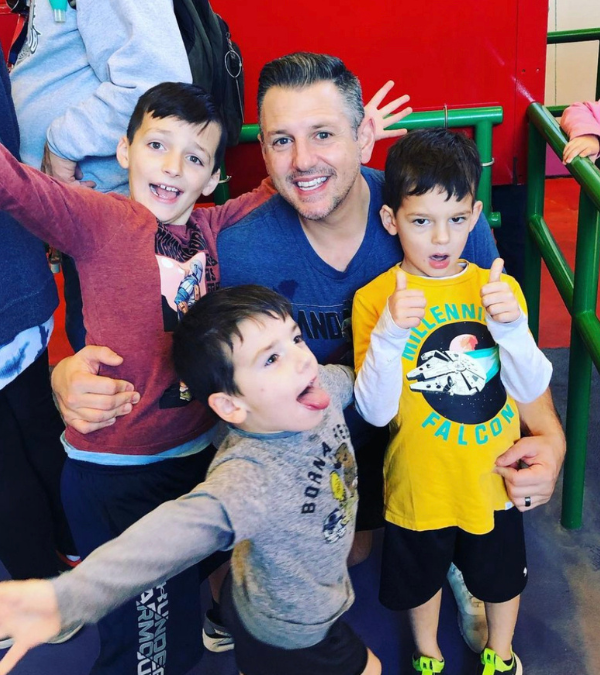
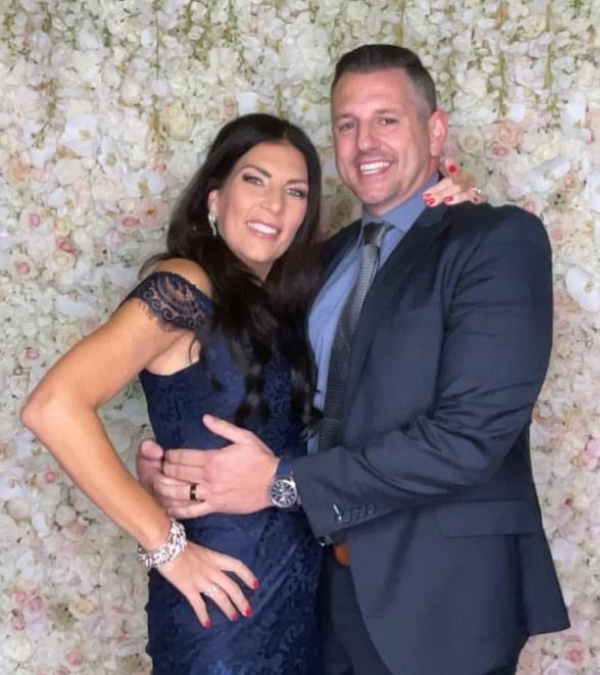
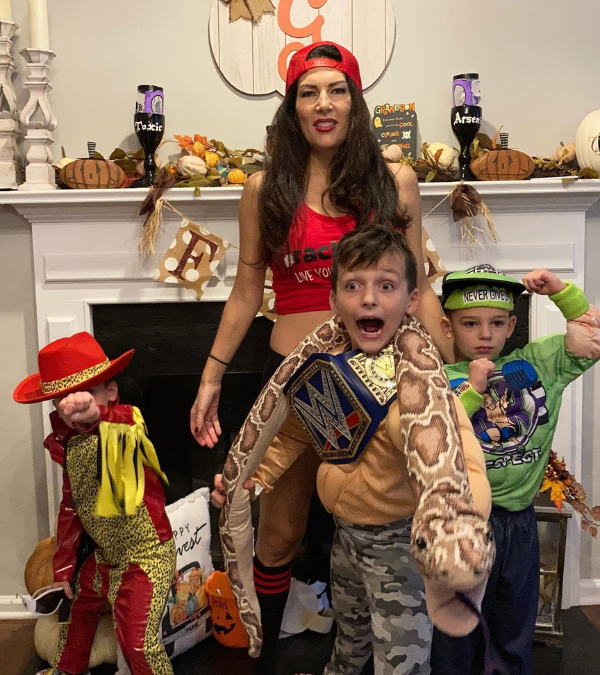
Jean: Before Amy Lessack passed away, she talked about how many sacrifices her sister, Abby, made. Abby left home and her husband for several months, changed her work hours, and moved in with her. Amy wanted to recognize the unsung heroes like Abby and like you with this award. What kinds of sacrifices did you make?
John: I know that there are probably some people out there who don't sacrifice certain things and only go as far as they can. For me, I was all in. Krysten is the love of my life. She’s the person I love the most in the world, and I wanted to do whatever I could keep her alive as long as I could. Whether it was taking time off from my career, or not being as social with friends and coworkers, or other things, for me, those things didn't matter. Keeping my wife alive did.
There’s a financial toll as well. We tried a lot of experimental treatments which were uncovered by insurance. Some of those were frowned upon by the medical community, but literally we went all in. We tried RSO (Rick Simpson Oil), a high dose TCH treatment, which was a very interesting experience, and it really didn't make an impact on Krysten's quantity of life, but it was our Hail Mary in the fourth quarter. We tried everything we possibly could. We expended everything. I like to say I left everything out on the field.
Through it all, we really tried to “make the breast of it.” Honestly, we lived our lives. This will sound weird, but, in some respects, for us, the Covid world was a blessing. It allowed us to have more time at home with our kids. It allowed us to both work from home and have more time together. When Covid first happened, we went to Florida for a month, rented a house with a pool and had a blast.y. That was a memory that we created with our kids they will never forget, and I'm glad we did that.
One summer night, I was sitting on a balcony talking with my uncle about an update on my Aunt Krysten’s breast cancer. He said, “Right now, I’m just buying time so my boys can be with their mother.”. . . Every decision he made was so their children could have their mother. Overall, I believe that there is something heroic and noteworthy in my uncle caring for his wife for his children’s sake. Caring for somebody else is already a very selfless task but caring for somebody for other people’s sake is a very considerate, compassionate, and generous thing to do.
Jean: Krysten had such a big community, and she was always ready to have fun.
John: Her outlook was so positive. Together we recorded 60 podcast episodes, and she had a positive attitude through most of them. Plus, Krysten and I had a great relationship. You know, being a caretaker is tiring, and the person that you're taking care of will be tired. But the one thing they're never going to get tired of is laughing and feeling good about themselves. No one ever gets tired of laughing. No one ever gets tired from nice compliments and funny jokes and movie nights when you watch a stupid comedy together. Those are the little things that you need to do to get that person over those humps along the way.
Jean: That's a great segue as we're almost finished. What other advice do you have for someone who's just starting out as a caregiver?
John: When you lose somebody, you think, what could I have done differently? Is there anything? I honestly feel like we did everything we possibly could, but I probably burned myself out from putting all of myself into it, and that's not a good thing. There are a lot of ways I feel like I have PTSD left over from it. So, my advice for caregivers would be take little breaks or take the time to do some things for yourself along the way, because caregiving can become your identity. And when it's not there anymore, neither is that identity. Then you struggle with who you really are, if that makes sense.
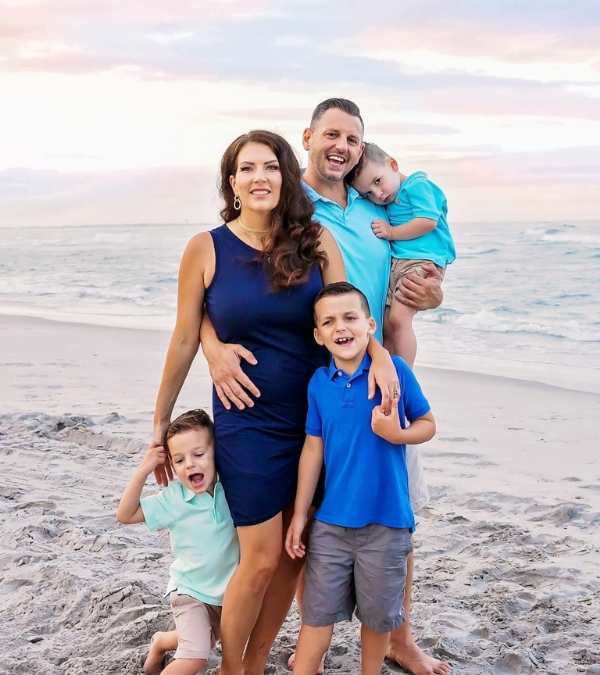
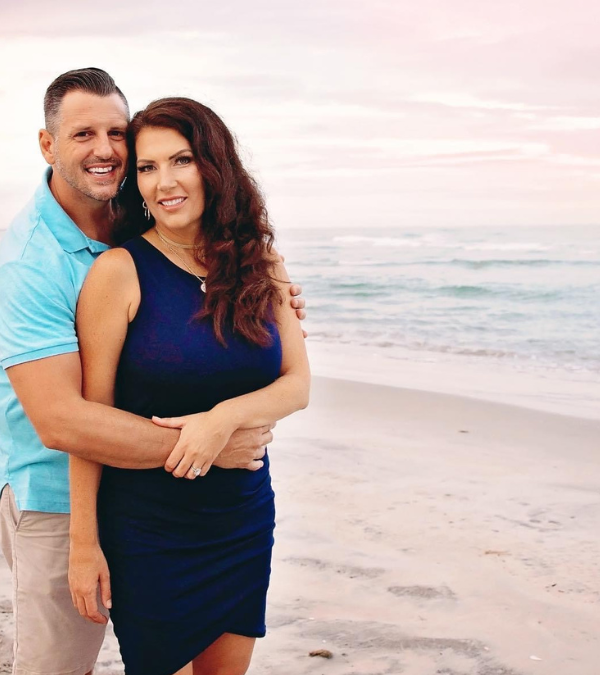
Jean: Yes, thanks for that, John. So, the last question is: What did you think when you found out that your friends and family nominated you for this award?
John: It's an award that I would obviously never want to be nominated for because I would rather have Krysten be alive and healthy. But to be nominated for all the hard work that I poured into caregiving is an honor. It really is. It’s telling that the people who nominated me were close friends and neighbors. They're the ones who saw me taking the kids to five different practices by myself and running out to get medicines and walking Krysten around the neighborhood when she didn't feel well as I tried to shield the kids from it. It's an honor that they felt that the job I did was tremendous enough to be nominated for this award.
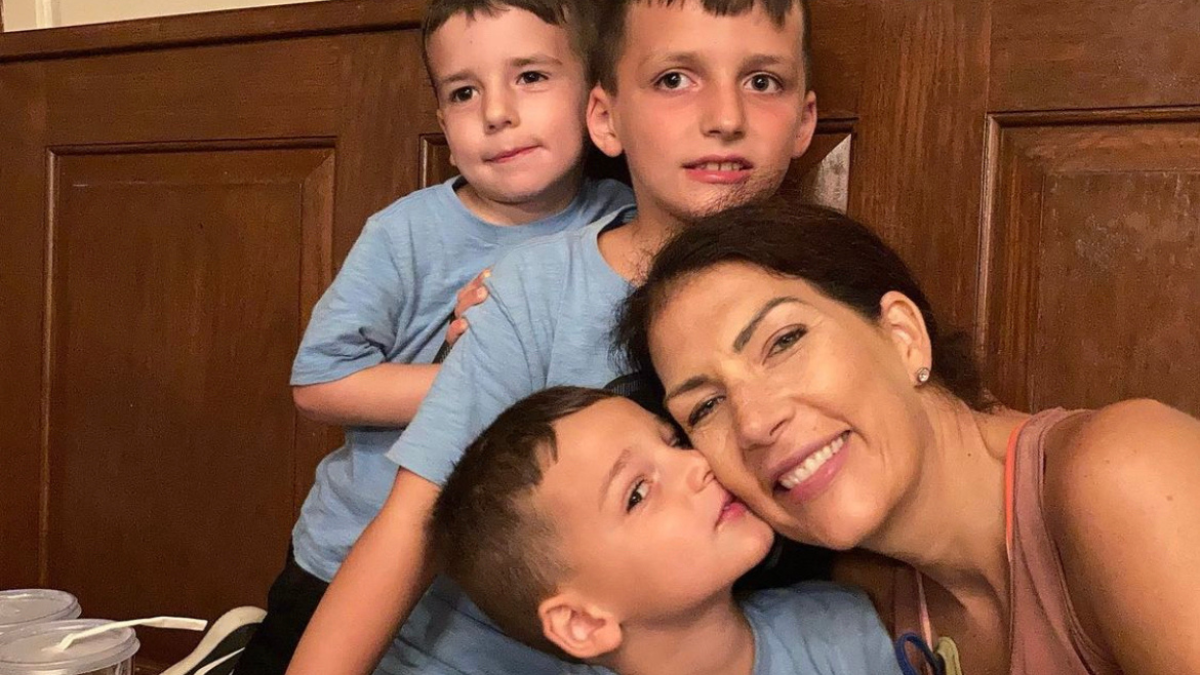
Stay connected
Sign up to receive emotional support, medical insight, personal stories, and more, delivered to your inbox weekly.
